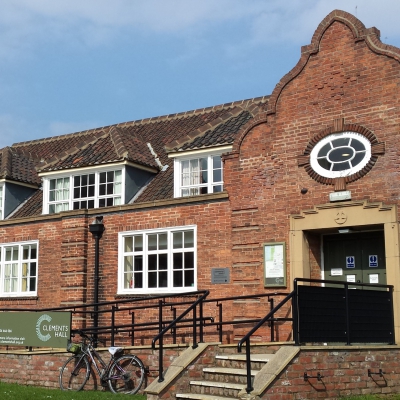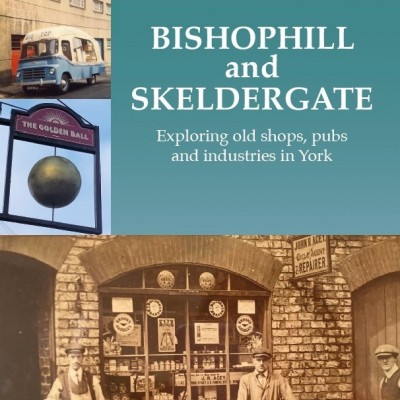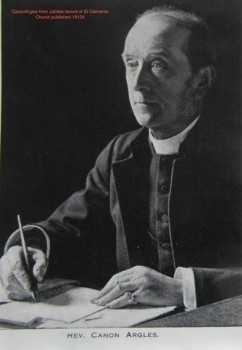



View navigation
 York was the base for the Rowntree’s chocolate empire and the Rowntree family were Quakers and hence opposed to drink, but I have not come across any direct involvement by them in our area. Perhaps the strongest of our temperance advocates was Canon George Marsham Argles. He became the vicar of a new parish of St Clements with a new St Clements church built in 1872 on Scarcroft Rd. He and his cohorts figure prominently in reports of the licencing justices considering and then refusing to grant or extend licences. One example was the attempt in 1900 by J. J. Hunt Ltd. to get a licence for a pub at one end of South Bank Ave (which, at this time, would have been undeveloped). Despite clear evidence of significant nearby development, the licensing bench agreed with Argles that the necessity for a new licence had not been proved. Another thirty-two years were to pass before the alternative view prevailed.
York was the base for the Rowntree’s chocolate empire and the Rowntree family were Quakers and hence opposed to drink, but I have not come across any direct involvement by them in our area. Perhaps the strongest of our temperance advocates was Canon George Marsham Argles. He became the vicar of a new parish of St Clements with a new St Clements church built in 1872 on Scarcroft Rd. He and his cohorts figure prominently in reports of the licencing justices considering and then refusing to grant or extend licences. One example was the attempt in 1900 by J. J. Hunt Ltd. to get a licence for a pub at one end of South Bank Ave (which, at this time, would have been undeveloped). Despite clear evidence of significant nearby development, the licensing bench agreed with Argles that the necessity for a new licence had not been proved. Another thirty-two years were to pass before the alternative view prevailed.